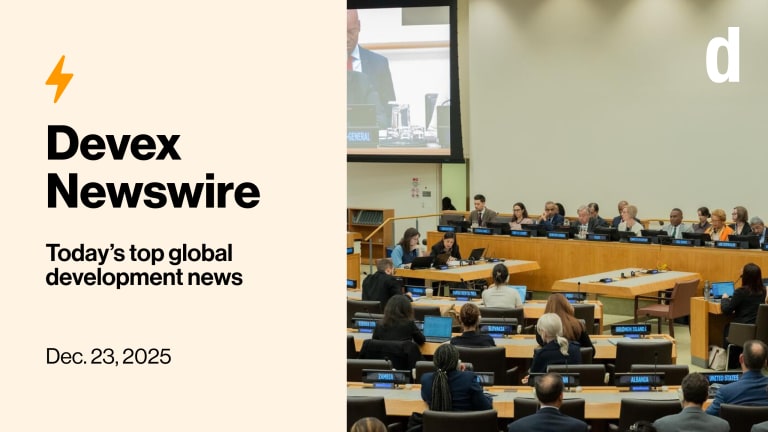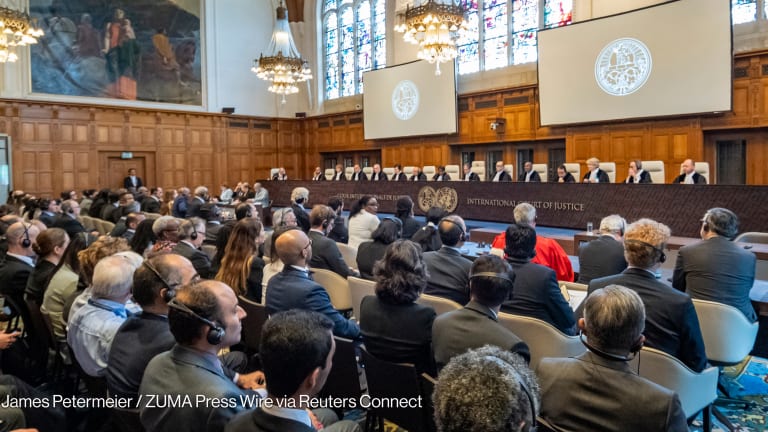The United States and other developed countries should take a firmer role in climate change talks instead of allowing the United Nations to direct the negotiations, Brett Schaefer of the Heritage Foundation writes in a recently published opinion piece.
Schaefer, an international regulatory affairs fellow of the foundation's Margaret Thatcher Center for Freedom, argues that talks under the supervision of the U.N. may yield an "unrealistic agreement" that would burden developed countries without giving guarantees that the issue would be addressed. He expressed concern that U.N. officials as well as nations who are only minimally affected by the outcome of climate change talks may "manipulate the process to satisfy their interests."
This should not be the case, Schaefer argues: "The decisions over what commitments nations make should be left to their respective governments - they have to justify them to the citizens who will be affected."
To avoid a costly, unrealistic agreement, Schaefer suggests that the United States and other developed should try to minimize the role of the U.N. in global warming negotiations. Instead, these countries should "work outside the U.N. to hash out a realistic, effective strategy by which they are prepared to abide," he writes. Scheafer also urge nations to restrict the advocacy activities of the United Nations, especially with regards to climate change.








